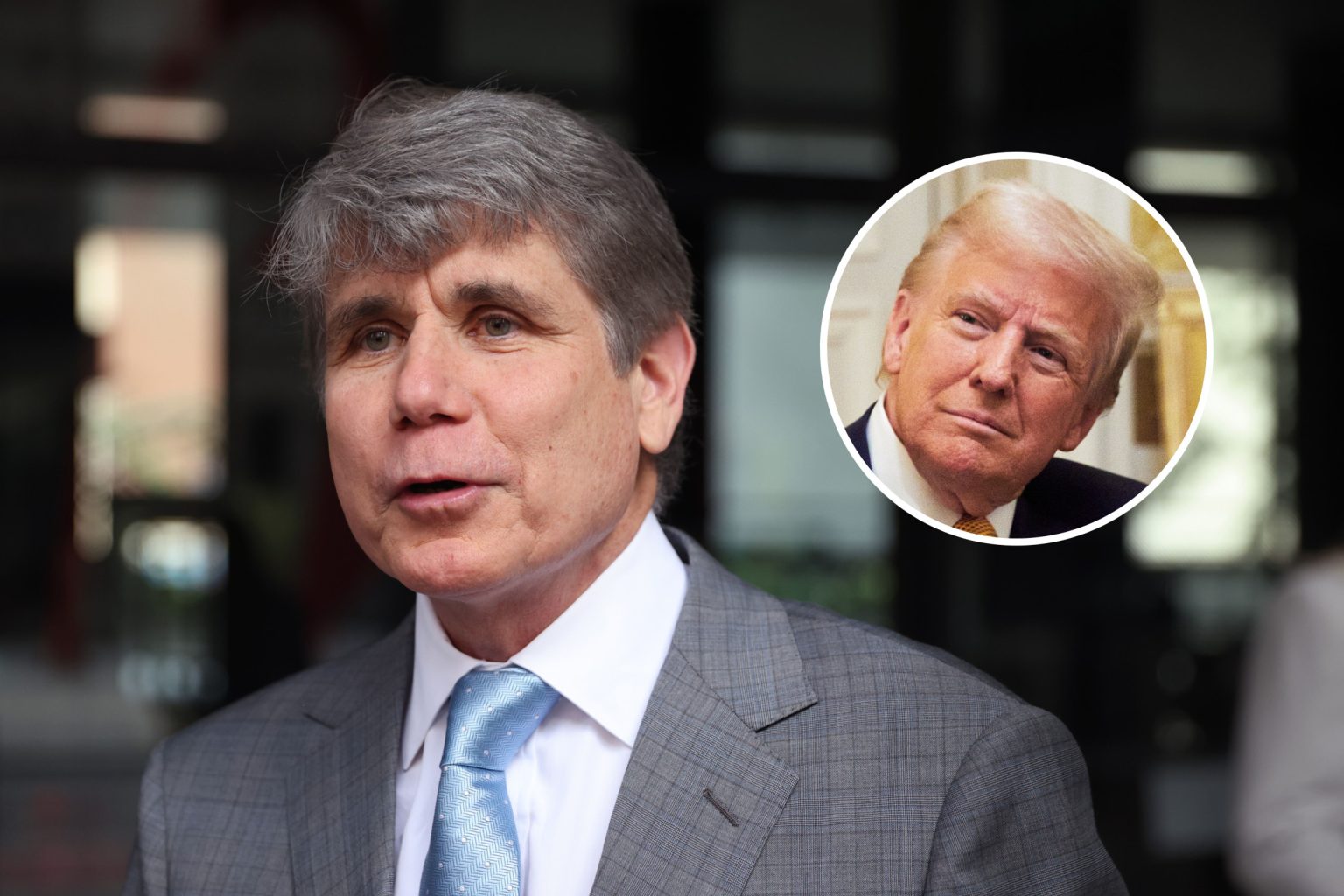Former Illinois Governor Rod Blagojevich contends that the concept of the “weaponization” of the Department of Justice, a term frequently used by Donald Trump and his allies, originated with his own prosecution in 2008. Blagojevich, convicted on corruption charges related to attempting to sell Barack Obama’s vacated Senate seat, maintains his innocence, claiming his actions were merely political conversations initiated by Obama himself. He argues that the prosecution, led by Patrick Fitzgerald, an associate of James Comey, was politically motivated and served as a precedent for the perceived targeting of Trump. Blagojevich believes that the success of his prosecution emboldened federal prosecutors, some of whom he alleges went on to pursue cases against Trump. He also suggests that the pursuit of career advancement motivates prosecutors, regardless of political affiliation.
Blagojevich’s perspective adds a historical layer to the ongoing debate surrounding the politicization of the Department of Justice. While the Trump era saw frequent accusations of the DOJ being used against him, Blagojevich posits that this practice predates Trump and is a systemic issue. He directly links his own prosecution to the later investigations and indictments faced by Trump, suggesting a pattern of politically driven prosecutions.
Blagojevich’s conviction on 17 felony counts, however, presents a counterpoint to his claims of innocence. While he attributes his prosecution to political machinations, the jury’s verdict indicates a finding of criminal conduct. This raises questions about the objectivity of Blagojevich’s narrative and his assertions that the DOJ’s actions against him were purely political. His later support for Trump, who commuted his sentence, further complicates his position, blurring the lines between genuine belief in systemic injustice and personal gratitude.
Blagojevich’s relationship with Trump, beginning with his appearance on “The Celebrity Apprentice” while under indictment, evolved into a strong political alliance after Trump commuted his sentence. This act transformed Blagojevich into a self-proclaimed “Trumpocrat,” a Democrat supporting Trump. He views Trump’s supporters as akin to his own former constituents, believing they represent a segment of the population underserved by traditional political establishments. Blagojevich’s support for Trump is not solely based on gratitude but also on a shared perception of being targeted by the justice system, creating a sense of solidarity.
Beyond his personal connection to Trump, Blagojevich advocates for broader criminal justice reform, drawing on his own prison experience. He critiques the harshness of the system and its perceived lack of focus on rehabilitation, advocating for a more just and equitable approach to sentencing. This concern transcends partisan politics, touching on broader societal issues surrounding incarceration and second chances. Blagojevich’s call for reform highlights a complex interplay between his personal experience, political beliefs, and a desire for systemic change.
Blagojevich, while acknowledging President Biden’s prerogative to pardon his son Hunter, criticizes the perceived hypocrisy of this action. He argues that Biden, while pardoning his own family member, has overseen investigations into Trump, demonstrating a double standard in the application of justice. This accusation further reinforces Blagojevich’s narrative of a politicized justice system, one that he believes is used selectively against political opponents. He contends that fear of similar retribution motivates those who express concern over potential weaponization of the DOJ under Trump. Blagojevich’s perspective offers a unique, albeit controversial, contribution to the discourse on the politicization of the justice system and the ongoing debate about its fairness and impartiality.

